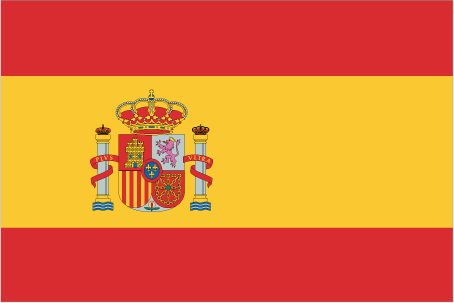Relationships & Communication
The Spanish prefer to do business with those they know and trust.
It is important that you spend sufficient time letting your business colleagues get to know you.
Once you develop a relationship, it will prevail even if you switch companies, since your Spanish business colleagues' allegiance will be to you rather than the company you represent.
Face-to-face contact is preferred to written or telephone communication.
The way you present yourself is of critical importance when dealing with Spaniards.
It is best to display modesty when describing your achievements and accomplishments.
Communication is formal and follows rules of protocol.
Avoid confrontation if at all possible. Spaniards do not like to publicly admit that they are incorrect.
Trust and personal relationships are the cornerstone of business.
Spaniards, like many societies, are concerned that they look good in the eyes of others and try to avoid looking foolish at all times.
Business Negotiation
Spaniards place great importance on the character of the person with whom they do business.
Hierarchy and rank are important. You should deal with people of similar rank to your own.
Decision-making is held at the top of the company, since this is a hierarchical country. You may never actually meet the person who ultimately makes the decision.
You may be interrupted while you are speaking. This is not an insult, it merely means the person is interested in what you are saying.
Spaniards do not like to lose face, so they will not necessarily say that they do not understand something, particularly if you are not speaking Spanish. You must be adept at discerning body language.
Spaniards are very thorough. They will review every minute detail to make certain it is understood.
First you must reach an oral understanding. A formal contract will be drawn up at a later date.
Spaniards expect both sides to strictly adhere to the terms of a contract.
Business Meeting Etiquette
Appointments are mandatory and should be made in advance, preferably by telephone or fax. Reconfirm in writing or by telephone the week before.
You should try to arrive on time for meetings.
The first meeting is generally formal and is used to get to know each other. Do not be surprised if no business is actually conducted during the first meeting.
Agendas are often used but not always needed to be followed too strict.
Make sure all your printed material is available in both English and Spanish.
Not all businesspeople speak English, so it is wise to check if you should hire an interpreter.
Several people may speak at once. You may be interrupted while you are speaking.
Decisions are not reached at meetings. Meetings are for discussion and to exchange ideas.
Most Spaniards do not give their opinion at meetings. Therefore, it is important to watch their non-verbal communication.
Dress Etiquette
Business dress is stylish yet, conservative.
Dress as you would in the rest of Europe.
Elegant accessories are important for both men and women.
Business Cards
Present your business card to the receptionist upon arriving.
Have one side of your card translated into Spanish.
Hand your card so the Spanish side faces the recipient.
